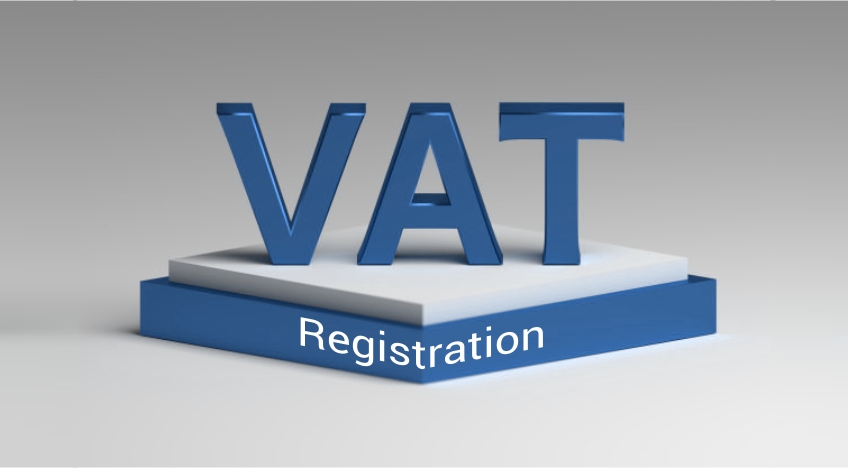Self-Employed VAT Registration in the UK: A Complete Guide
If you’re self-employed in the UK, understanding VAT (Value Added Tax) and when you need…

If you’re self-employed in the UK, understanding VAT (Value Added Tax) and when you need to register can be daunting. This comprehensive guide will clarify the requirements for VAT registration, explain the benefits of voluntary registration, and help you navigate the process with ease.
What is VAT?
VAT stands for Value Added Tax and is a tax added to many goods and services. It applies to:
- Products
- Materials
- Services
- Entrance admissions
What Products and Services are Exempt from VAT?
Certain products and services are not subject to VAT, including:
- Insurance
- Finance
- Charity fundraising
- Membership subscriptions
- The sale, lease, or letting of commercial properties and land
When Do I Have to Register for VAT?
You are legally required to register for VAT if your annual turnover exceeds the VAT threshold. As of 2024, the threshold is £85,000. If you expect your turnover to exceed this amount within the next 30 days, you must register for VAT at the beginning of that month.

Key Points:
- Mandatory Registration: Failure to register when required can result in substantial fines from HMRC.
- Voluntary Registration: Even if your turnover is below the threshold, you may choose to register voluntarily. This can offer benefits, such as enhanced business credibility and the ability to reclaim VAT on your purchases.
Benefits of Voluntary VAT Registration
Opting for voluntary VAT registration can provide several advantages:
- Enhanced Credibility: Being VAT-registered can enhance your business’s credibility, making it more attractive to customers.
- Tax Reclaims: You can reclaim VAT on business-related expenses, which could lead to significant savings.
However, there are important considerations:
- Detailed Record-Keeping: You’ll need to meticulously track your input tax (VAT on purchases) and output tax (VAT on sales) to ensure accurate VAT returns.
- Clear VAT Records: Maintaining accurate and up-to-date VAT records is crucial.
- Timely VAT Returns: Late submissions of VAT returns can incur fines.
How to Register for VAT
You can register for VAT online through the HMRC website or by post. If the process feels overwhelming, seeking assistance from an accountant might be beneficial.
Steps to Register:
- Gather necessary documents and information.
- Choose your registration method: online or by post.
- Complete and submit your application.
- Await confirmation and your VAT registration number.
Additional Information
Making Tax Digital (MTD): As part of the UK’s digital tax initiative, businesses are required to keep digital records for VAT and submit VAT returns electronically. Ensure you are compliant with these requirements to avoid penalties.
VAT Rates:
- Standard Rate: 20%
- Reduced Rate: 5%
- Zero Rate: 0%
Deadlines and Penalties: Missing VAT deadlines can result in financial penalties. It is essential to adhere to deadlines to avoid additional costs.
Frequently Asked Questions
What is the VAT threshold for self-employed individuals in the UK?
The VAT threshold for 2024 is £85,000. If your turnover exceeds this amount, you must register for VAT.
What happens if I don’t register for VAT?
Failing to register when required can lead to significant fines and legal issues. It is crucial to comply with VAT registration requirements.
Can I voluntarily register for VAT even if my turnover is below the threshold?
Yes, you can choose to register voluntarily. This can provide benefits such as improved business credibility and the ability to reclaim VAT on purchases.
Conclusion
Navigating VAT registration can be complex, but understanding the requirements and benefits can make the process smoother. By staying informed and compliant with VAT regulations, you can manage your business finances more effectively and avoid potential pitfalls.
For more detailed guidance, refer to the HMRC’s official VAT guide and ensure your business is up-to-date with the latest regulations.





